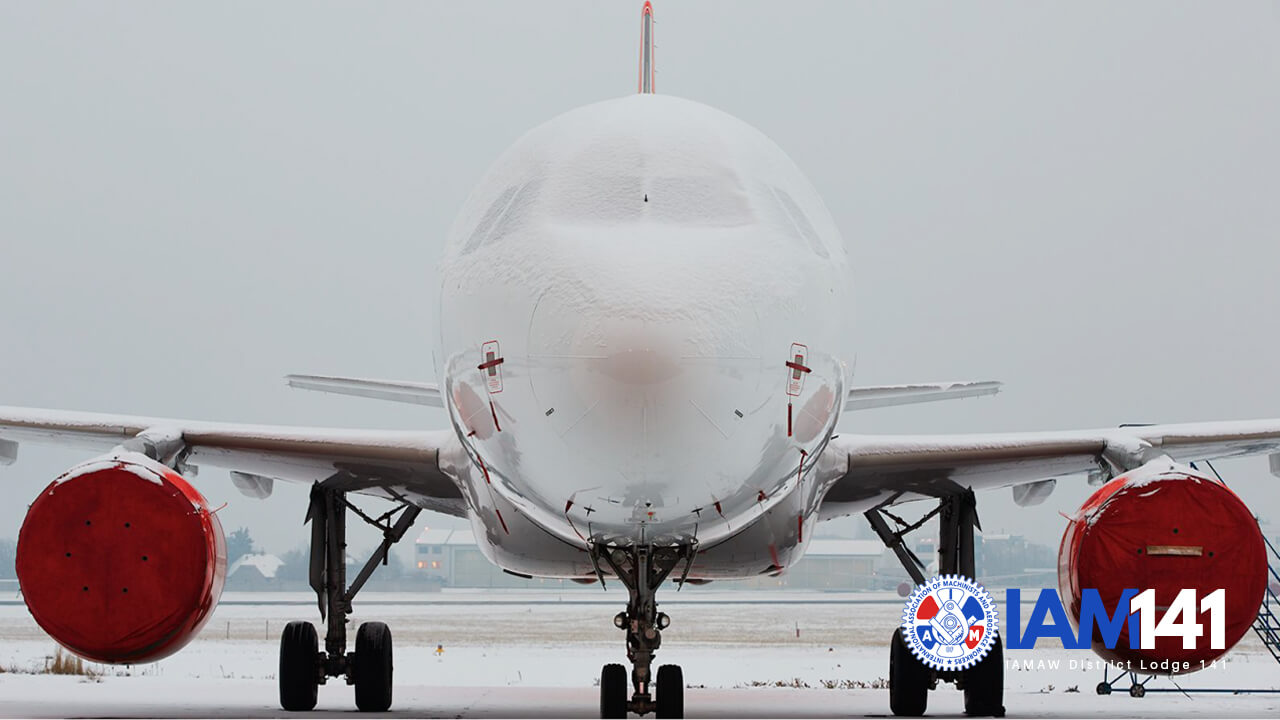
by Eric Price | Jan 29, 2019 | Airlines, American, Hawaiian, Home, Philippine, Spirit, United
The brutal Arctic blast striking the United States this week is making life a living hell for airport workers around the nation, including thousands working in Chicago’s O’Hare and Midway. Here are a few fast facts about the approaching Atomic Arctic Blast. Fact...
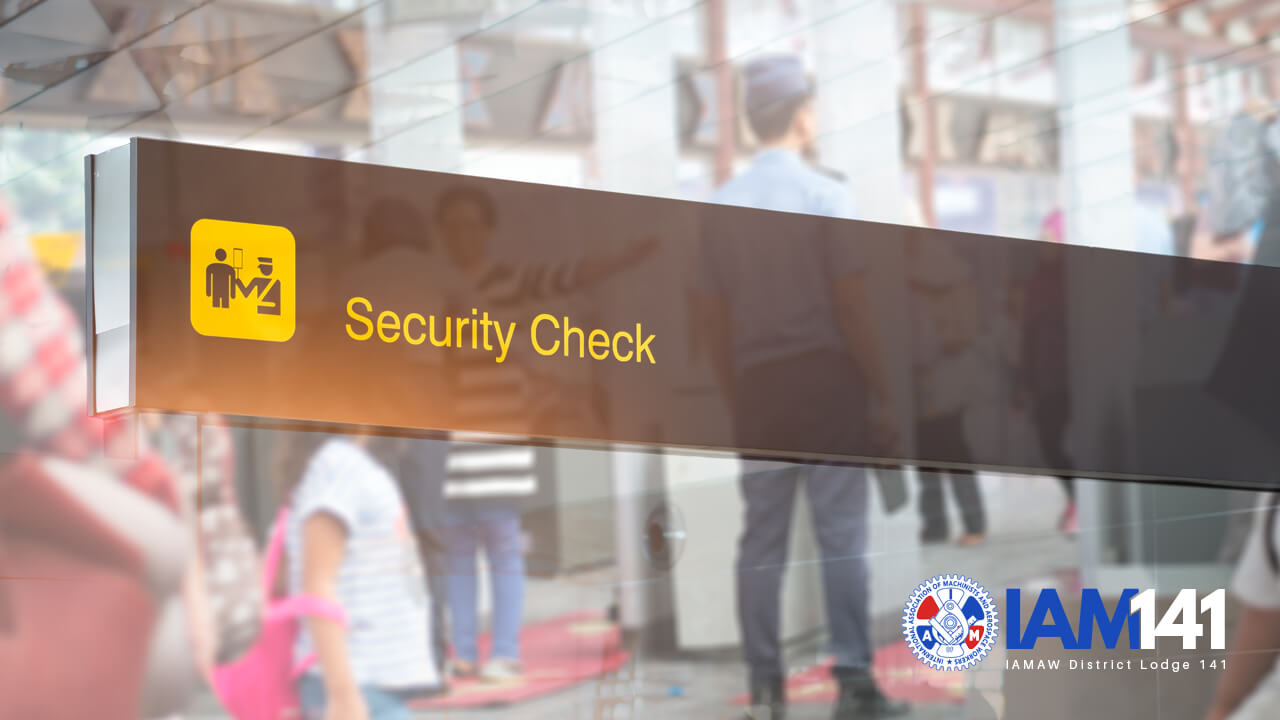
by Eric Price | Jan 18, 2019 | Airlines, American, Hawaiian, Home, Philippine, Spirit, United
The Four Most Important Things to Know About the TSA Sick Calls. Hundreds of TSA screeners are calling out sick during the government shutdown, now entering its fourth week. Here are four fast facts that people need to know about TSA while we all watch them get jerked...
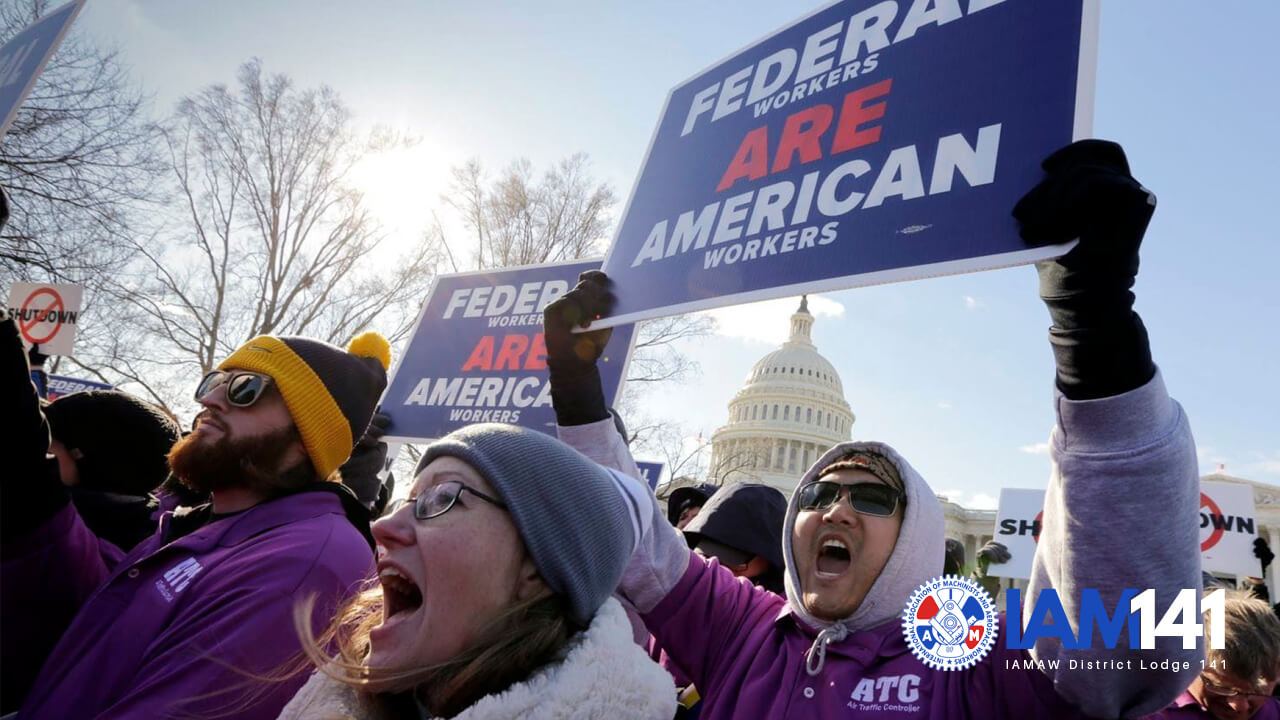
by Eric Price | Jan 16, 2019 | Airlines, American, Community Service, Departments, EAP, Education, Hawaiian, Home, MNPL, Organizing, Philippine, Safety, Spirit, United
Updated: 1/17/2019 The Federal Government shutdown began back in December, screwing over about 2 million workers and everyone who depends on them. This includes 51 thousand TSA Agents that keep our airlines moving. Here’s a running list of how the shutdown is...
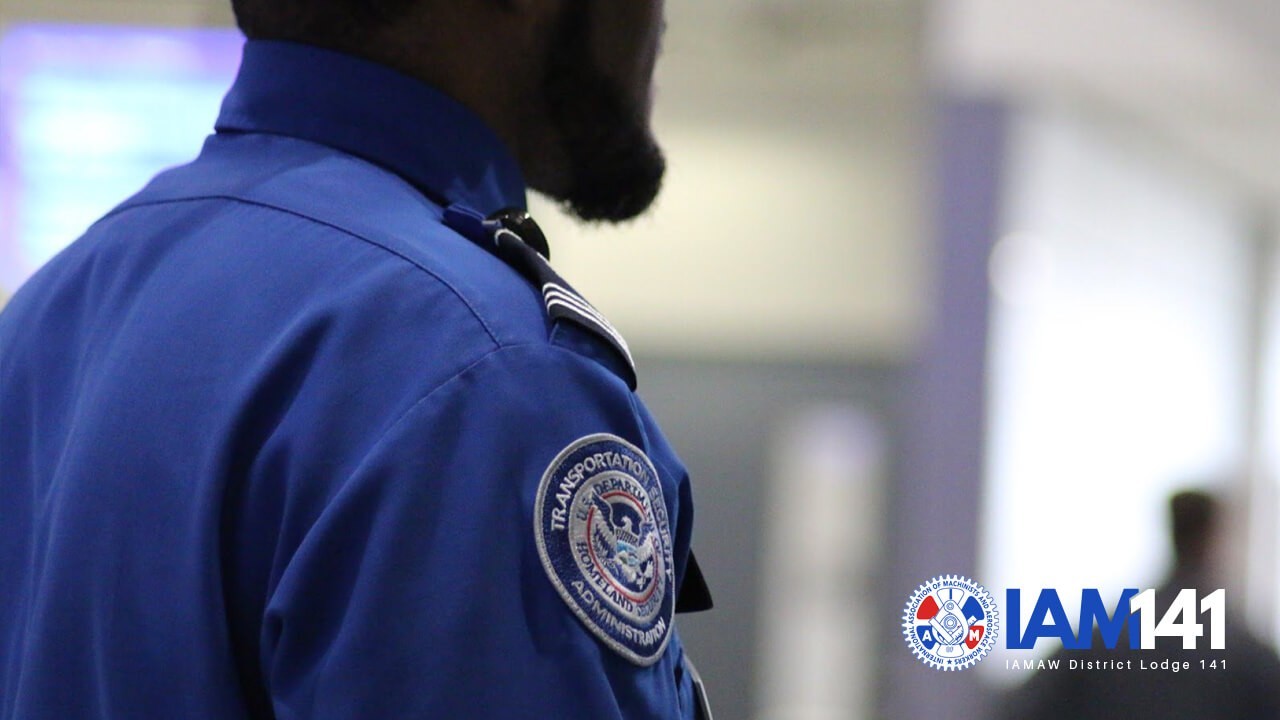
by Eric Price | Jan 15, 2019 | Airlines, American, Community Service, Departments, EAP, Education, Hawaiian, Home, MNPL, Organizing, Philippine, Safety, Spirit, United
Houston’s largest airport, Bush Intercontinental (IAH), is closing a primary security checkpoint as they deal with staffing shortages caused by increasing numbers of TSA agents who can no longer afford to come to work without pay. The announcement follows a...
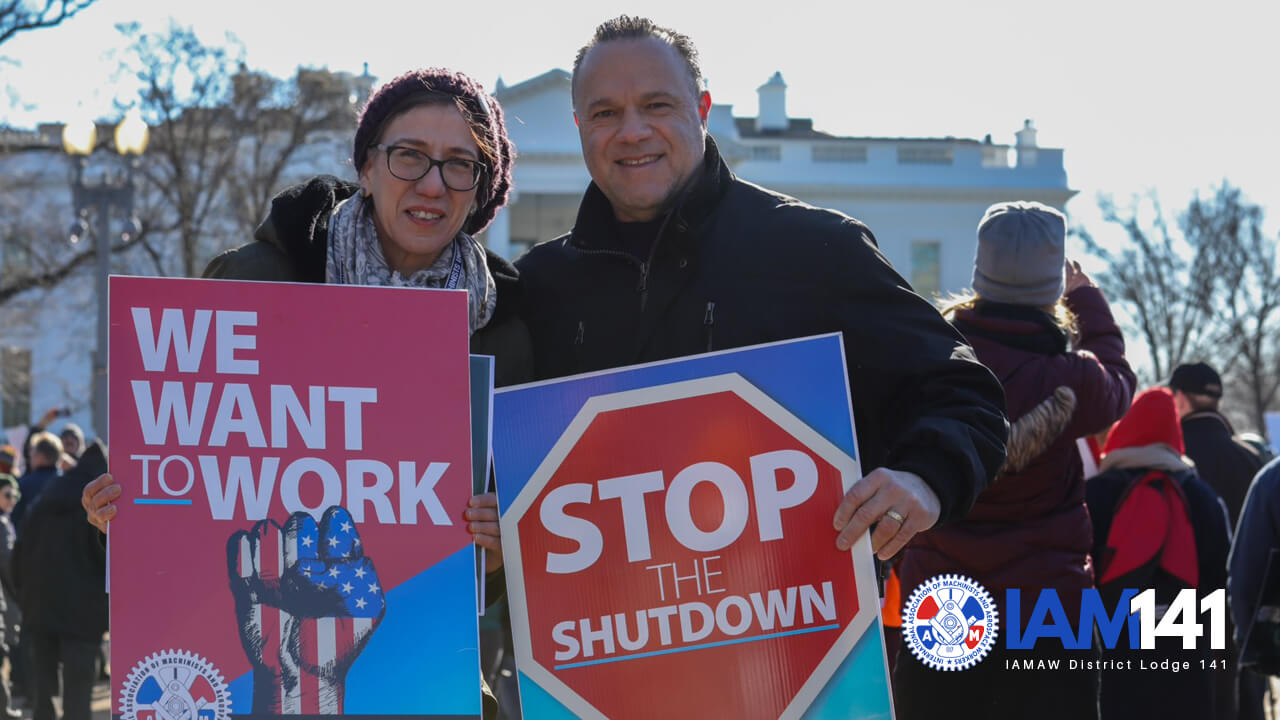
by Eric Price | Jan 11, 2019 | Airlines, American, Departments, Hawaiian, Home, Philippine, Spirit, United
On the 20th day of the partial federal government shutdown, workers, union leaders, members of Congress and allies gathered in front of the AFL-CIO headquarters in Washington, DC. AFL-CIO President Richard Trumka kicked off the rally by denouncing the shutdown, which...
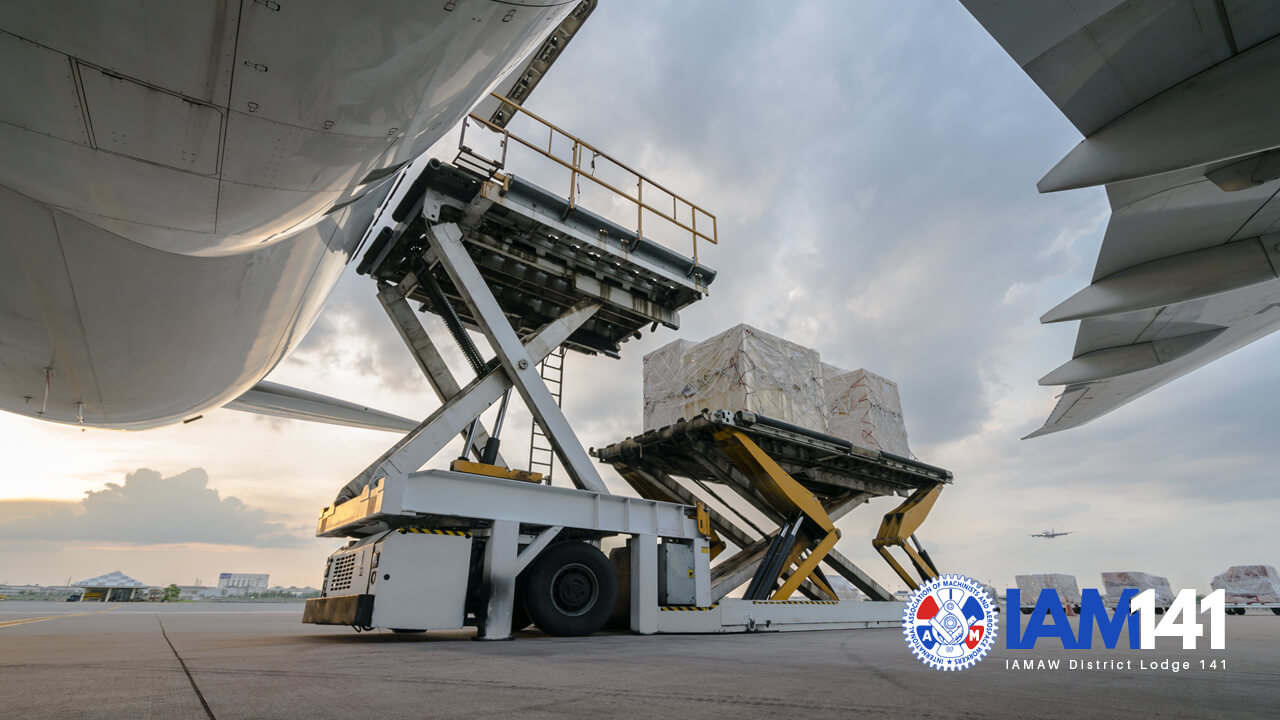
by Eric Price | Dec 19, 2018 | Airlines, American, Departments, Hawaiian, Home, Philippine, Safety, Spirit, United
4 Ways to Leave Work in Total Pain Download Newly Released Research by UnionSafe141 has info for airline workers looking to avoid the OJI Pain Train. Try to think of something that will ruin your day at work, and airline workers are probably dealing with that...







